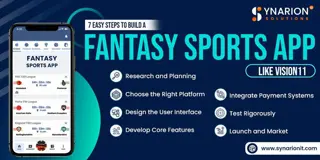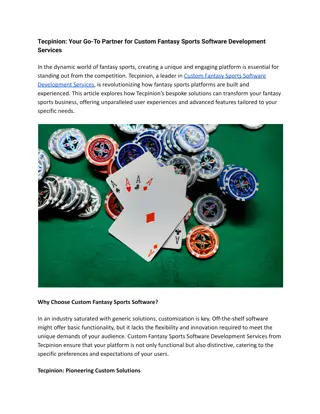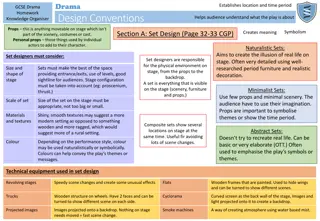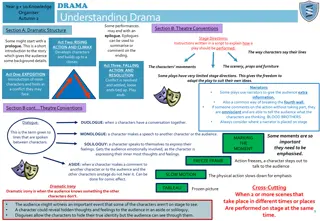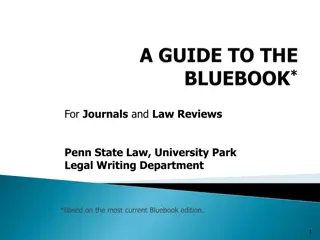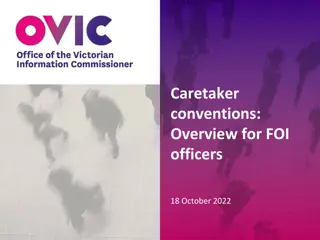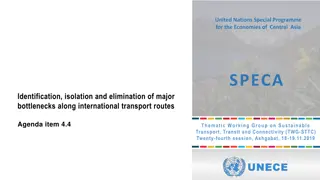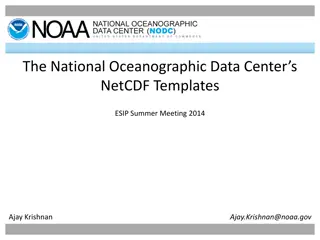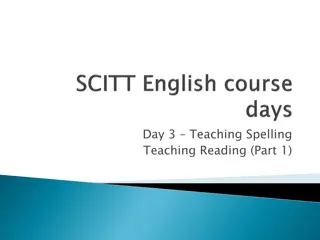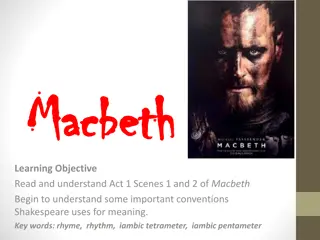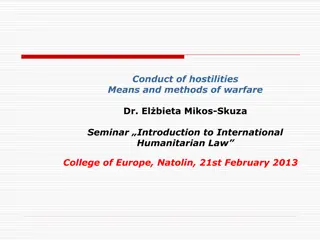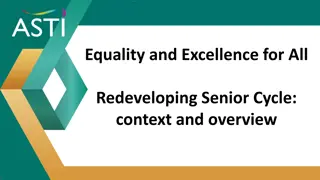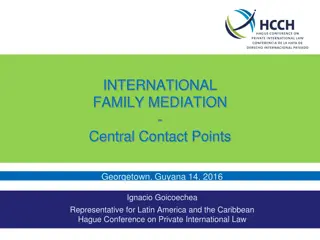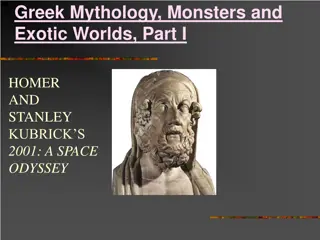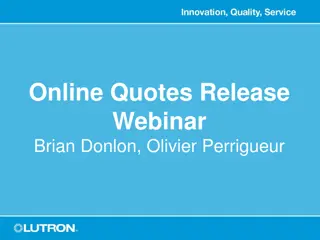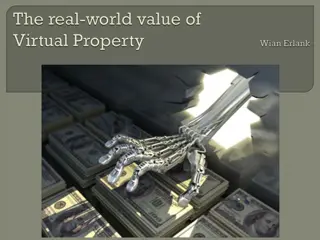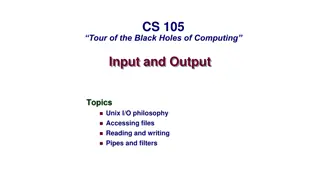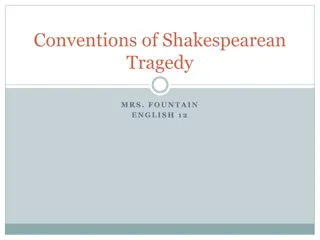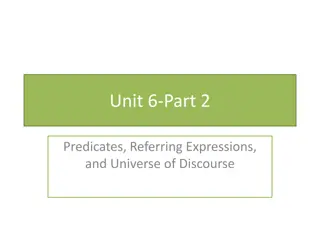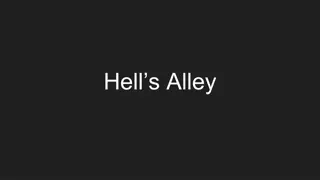Exploring Fantasy Worlds: Conventions, Types, and Challenges
Dive into the realm of fantasy literature and learn about the conventions, types, and differences between fantasy and sci-fi. Uncover the definition of fantasy, explore popular genres, and discover sub-genres like fiction, science fiction, and historical fiction. Engage in thought-provoking challenges to enhance your understanding of fantasy worlds.
Download Presentation

Please find below an Image/Link to download the presentation.
The content on the website is provided AS IS for your information and personal use only. It may not be sold, licensed, or shared on other websites without obtaining consent from the author. Download presentation by click this link. If you encounter any issues during the download, it is possible that the publisher has removed the file from their server.
E N D
Presentation Transcript
Wednesday, 11 September 2024 Learning Aim: Creating a fantasy world using the conventions of fantasy Last year: An example of punctuation is Last Term: Alliteration is Last Week: The name of a horror novel or film is Character Strength Focus: Confidence Being able to confidently deliver a presentation
Learning check: Fantasy Worlds
Pre-starter: Fantasy Worlds Watch the following film trailers (all fantasy films) and make a list of conventions (what you would expect to find in a fantasy) of this genre. https://www.youtube.com/watch?v= Q0CbN8sfihY&t=26s CHALLENGE: From your list, can you come up with your own definition? Bronze: 1-2 ideas Silver: 3-4 ideas Gold: 5 ideas plus an example of a fantasy novel! EXTRA CHALLENGE: What s the difference between fantasy and sci-fi? https://www.youtube.com/watch?v= 5O2G5uOHKn0 https://www.youtube.com/watch?v= n9DwoQ7HWvI
DQ: What are the conventions and types of fantasy? Date: Starter task: Bronze: What do you think is meant by genre? Use the image on the right to help you. I think genre means Silver: What do you think is meant by fantasy? I think fantasy means Gold: Can you list any examples of books which might be considered to be fantasies? The following books are considered fantasy Platinum: What is your favourite genre and why? My favourite genre is ____ because
Learning check Write down this definition. Fantasy: Fantasy can be seen as a psychological phenomenon. Fantasy can be seen as a form of literature Genre: Genre is the organisation of literature into categories based on the type of writing the piece exemplifies through its content, form, or style. The word is used to describe a particular style, which has certain characteristics or ingredients Challenge: Can you think of any literary genres? What do you think is the difference between a genre and a sub-genre? Research online and see what you can find out!
Learning check: Genres and Sub- genres Texts can be separated into groups called genres and sub-genres. Text Genre Sub- genre is a Fruit is a Food Banana is is Harry Potter Book Fiction Fantasy
Learning check: Fiction Sub-genres Fiction Realistic Fiction Fantasy Science Fiction Historical Fiction
https://www.youtube.com/watch?v=n_cqszvd Tqk Watch the video and respond to the questions below: Bronze: What is genre? Add to your definition. Genre is Silver: What types of genres might there be for music and fiction? Some different types of genre for music and fiction are Gold: What makes fantasy different from other types of fiction? Fantasy is different from other types of fiction because Platinum: What might you find in a fantasy fiction? You might find the following in fantasy fiction Stretch & Challenge: What is modern or contemporary fantasy? Modern/contemporary fantasy is Super challenge: How might fantasy relate to our own lives? Fantasy might relate to our lives in the following ways
Learning check: Fantasy Form of fiction (not true) Contains one or more of the following: supernatural occurrences characters with magical powers things with magical powers animals with human characteristics real people in fantastic places fantastic creatures or characters in real situations
Investigation Read the following extract. What do you notice about: Bronze: Description Silver: Character(s) Gold: Setting Platinum: Dialogue S&C: Language (words) Decide which genre (or genres) the story belongs to. How do you know?
1. October arrived, spreading a damp chill over the grounds and into the castle. Madam Pomfrey, the nurse, was kept busy by a sudden spate of colds among the staff and students. Her Pepperup potion worked instantly, though it left the drinker smoking at the ears for several hours afterward. Ginny Weasley, who had been looking pale, was bullied into taking some by Percy. The steam pouring from under her vivid hair gave the impression that her whole head was on fire. Raindrops the size of bullets thundered on the castle windows for days on end; the lake rose, the flower beds turned into muddy streams, and Hagrid's pumpkins swelled to the size of garden sheds. Oliver Wood's enthusiasm for regular training sessions, however, was not dampened, which was why Harry was to be found, late one stormy Saturday afternoon a few days before Halloween, returning to Gryffindor Tower, drenched to the skin and splattered with mud. Even aside from the rain and wind it hadn't been a happy practice session. Fred and George, who had been spying on the Slytherin team, had seen for themselves the speed of those new Nimbus Two Thousand and Ones. They reported that the Slytherin team was no more than seven greenish blurs, shooting through the air like missiles.
Challenge Complete a checklist of what you think are the common features of fantasies. Consider: B: Names S: Character descriptions G: Setting and places P: Supernatural Stretch and challenge: Create a list of what you think are the different types of fantasies.
Learning check: Common features Magic/mysticism Monsters Non-human characters Often taken from Nordic mythology Human heroes Knights, kings, common men pressed into service Stereotypic character roles Hero, helper, princess, witch, evil knight, etc. Quests The Holy Grail, the Golden Fleece, Destruction of the Ring, Recovery of the Lost Ark, The getting of wisdom, Destruction of the Minotaur Cataclysmic confrontation between good and evil Battle for Middle Earth, War for Narnia, etc.
Learning check: 5 kinds of Fantasy Fantasy Animal Stories animals have human characteristics Charlotte s Web, Babe the Gallant Pig, Clifford books Ghost stories or supernatural fiction has characters from the spirit world Wait Till Helen Comes Time fantasy and space fiction Travel back and forth in time Missing Series Science Fiction based on scientific fact contains elements within the realm of possibility because of scientific discoveries The Giver, A Wrinkle in Time High Fantasy epic in nature, usually include a quest Narnia series, Harry Potter, Star Wars, Roald Dahl books
Fantasy Worlds You are going to be inventing your own fantastical world. Using the table below as a guide, write down what the rules are of our world, and then write down what the rules of your world are going to be. The real world My fantasy world Location/map Earth land, sea, houses, shops Concrete rules Gravity, school/education, money People People Magic Religion Politics Society
Planning time We are going to finish the lesson by making our own fantasy storyline. Use your rules sheet to help you. Remember to include: Magic/mysticism Monsters Non-human characters Human heroes Quests Cataclysmic confrontation between good and evil
Fantasy Worlds Medal Task TASK: Spend twenty minutes writing the opening to your fantasy world. Bronze Silver Gold Generic Conventions Somewhat clear awareness of typical generic conventions. A clear awareness of generic conventions. A clear awareness of generic conventions with an increasing sense of attention to detail. Creative and imaginative work Typical/common ideas used in relation to genre. Clear attempts to instill a sense of imagination and creativity, making writing somewhat engaging. Imagination and creativity is evident and makes writing engaging. Paragraphs Accurate use of paragraphs for time, topic, place and speech. Accurate use of paragraphs for time, topic, place and speech and varied length. Accurate use of paragraphs for time, topic, place and speech with varied lengths to create specific effects. Vocabulary Some successful attempts to select vocabulary and language devices. Thoughtful selection of vocabulary and language devices, making writing somewhat engaging. Ambitious and thoughtful use of vocabulary and language devices to make writing engaging throughout. Sentences Mostly accurate use of sentences and demarcation. Accurate use of sentences and demarcation. Accurate use of sentences and demarcation to create =effects. SPAG Basic words, punctuation and grammar is accurate. Some more complex SPAG is inaccurate. A range of punctuation, grammar and some ambitious words are accurate. A wide range of punctuation, grammar and some ambitious words are accurate and used for effect.
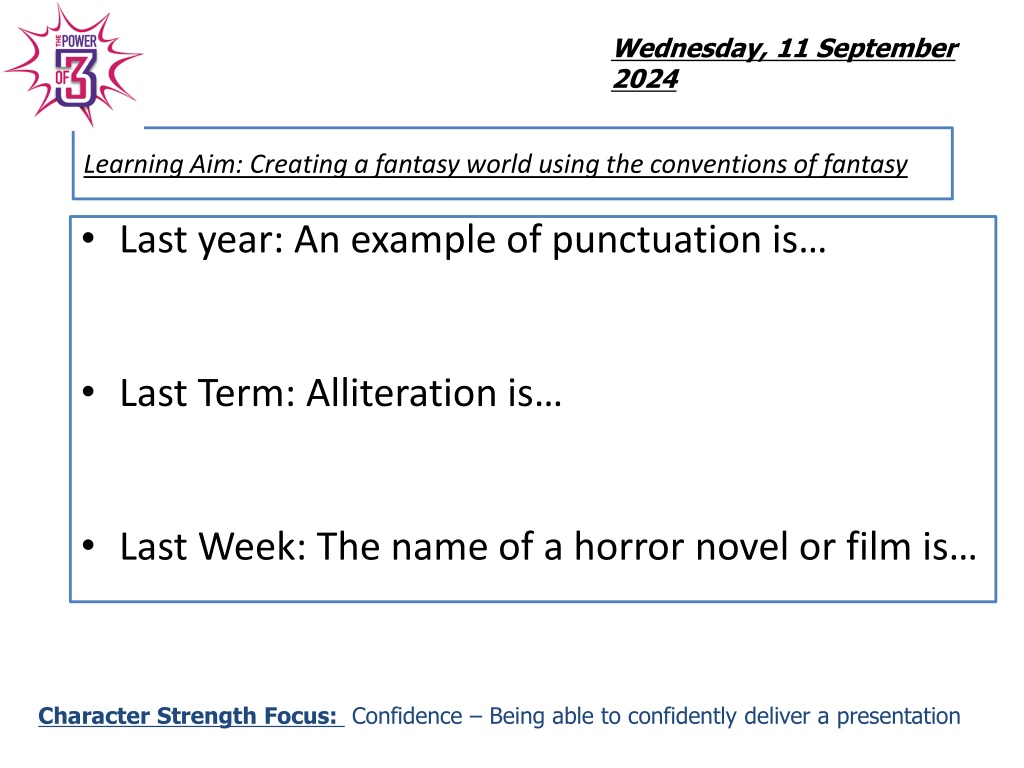

![❤[READ]❤ Cosmic Biology: How Life Could Evolve on Other Worlds (Springer Praxis](/thumb/21556/read-cosmic-biology-how-life-could-evolve-on-other-worlds-springer-praxis.jpg)
